California Lottery Bilked Schools Out of $36 Million in 2018, Says State Auditor
Posted on: February 25, 2020, 04:51h.
Last updated on: February 25, 2020, 05:41h.
The California Lottery (CSL) shortchanged schools by $36 million in the 2018 fiscal year. That’s according to State Auditor Elaine Howle, who recommended Tuesday in a damning letter to Gov. Gavin Newsom and the legislature that the agency should be made to pay it back.
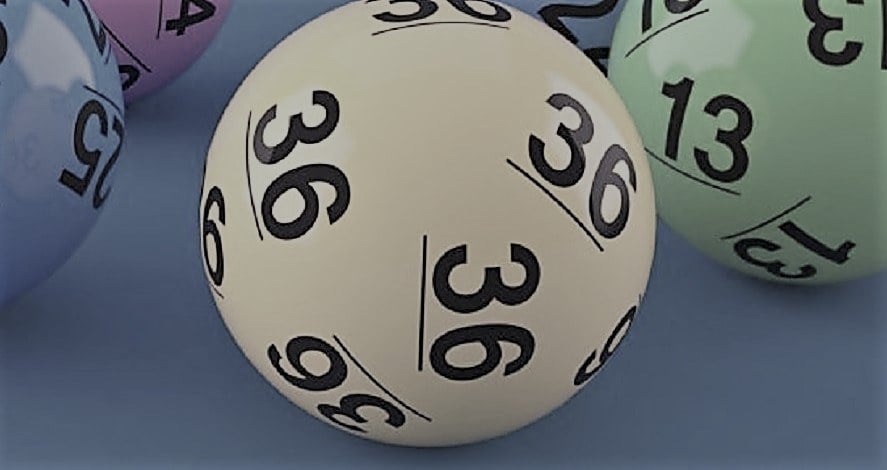
Howle wrote that the Lottery has failed to comply with a 2010 education funding law that required it to increase the amount of money it diverted to schools in proportion to its own net-revenue growth.
She blamed poor management at CSL and a lack of state oversight for the shortcomings. The State Controller’s Office had failed to assess the efficiency of the Lottery’s operations, Howle said.
According to her audit report, the Lottery had been unable to prove its payouts had been optimized “for maximizing funding for education, leaving it unable to know whether it is diverting too much funding to prize payments.”
It also used too many noncompetitive contracts with suppliers, which meant it was likely to be missing out on cost savings.
It is critically important that the lottery adhere to these requirements, because they are safeguards that ensure that the lottery’s education funding increases as the lottery’s revenues increase, and that the education funding is at its highest possible level and does not decline sharply from one year to the next,” Howle wrote.
Misuse of Funds
State Sen. Ling Ling Chang (R-Diamond Bar) requested the audit last year after a spate of controversies at Lottery HQ set alarm bells ringing.
CSL Director Hugo Lopez resigned in June after a separate audit conducted by State Controller Betty Yee found CSL had possibly misspent more than $305,000 on travel, food, and accommodation at conferences.
At a trade show in Orange County, CSL agreed to pay $60 for 12 granola bars and $45 for a dozen cookies. Separately, it splurged $21,666 on T-shirts, backpacks, lip balm, and iPad cases for employees.
Former Gov. Jerry Brown brought in the DOJ after receiving an anonymous letter that accused lottery executives of favoritism when hiring and promoting staff. The whistleblower also released photos of lottery officials partying at a bar and accused employees of fraud and lewd behavior.
“The @calottery was created to fund schools. Period,” Chang wrote Tuesday on Twitter after reading Howle’s findings. “They have a history of controversy, so this comes as no surprise to me. Every dollar wasted at the lottery is a dollar that won’t go to the classroom — this has to stop.”
California Lottery Agrees to Differ
California voters approved the establishment of a lottery by public referendum in 1984. They were told that 34 percent of revenues would go to education.
But in 2010, in the midst of the economic downturn, former Gov. Arnold Schwarzenegger signed a bill to amend the California State Lottery Act. This permitted “the commission to establish the percentage to be allocated to the benefit of public education at a level that maximizes the total net revenues allocated to the benefit of public education.”
Since then, the lottery’s annual revenue has grown from less than $3 billion to more than $7 billion.
Lottery Director Alva V. Johnson denied his agency owes money to education, arguing there is a “fundamental difference of opinion” between how CSL and Howle are interpreting the 2010 amendment to the State Lottery Act.
Related News Articles
Lottery Industry Stakes Claim to US Sports Betting Market
Nebraska Lottery Won’t Pay Out on 405 Misprinted Scratch-Off Tickets
Kentucky Lottery Winner Gives Out $2K Gift Cards to Strangers
Lottery.com Slides Further Into Abyss as 10-Q Filing Delayed
Most Popular
Las Vegas Overstated F1 Race’s Vegas Impact — Report
Mega Millions Reportedly Mulling Substantial Ticket Price Increase
NoMad Hotel to Check Out of Park MGM on Las Vegas Strip
Most Commented
-
End of the Line for Las Vegas Monorail
— April 5, 2024 — 90 Comments -
Mega Millions Reportedly Mulling Substantial Ticket Price Increase
— April 16, 2024 — 8 Comments -
Long Island Casino Opponents Love New York Licensing Delays
— March 27, 2024 — 5 Comments
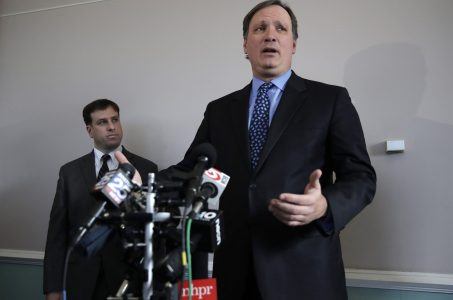
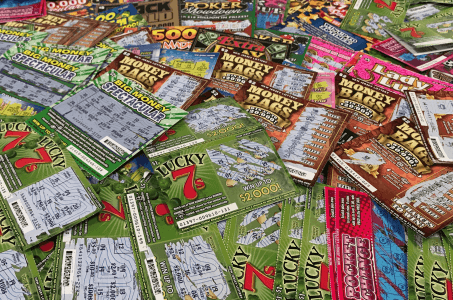
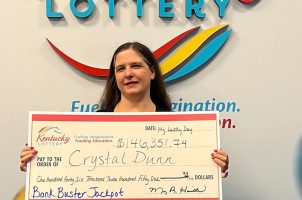
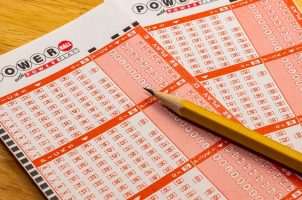










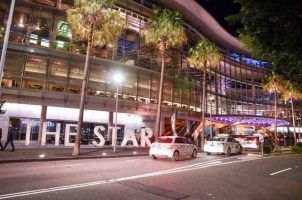
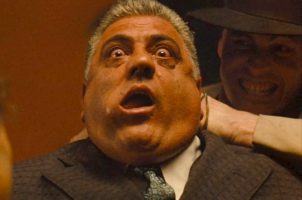
Last Comment ( 1 )
win on lottery